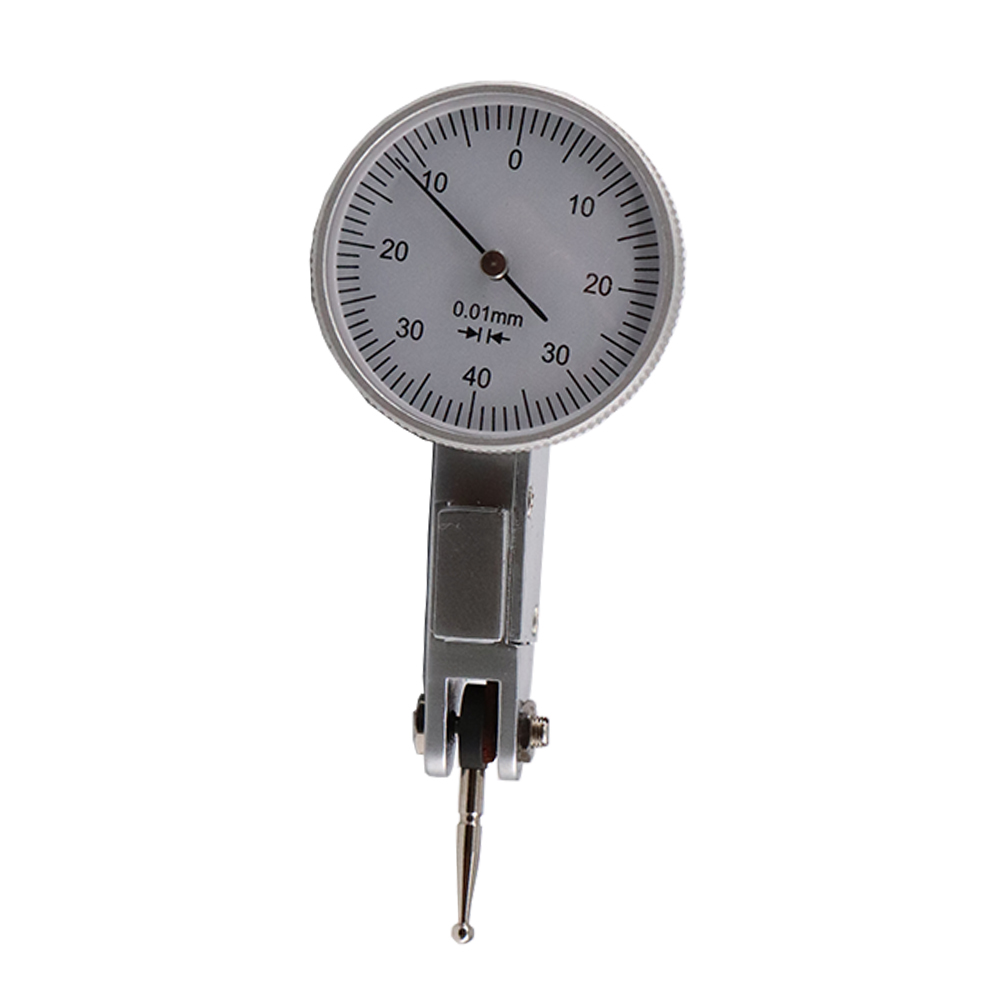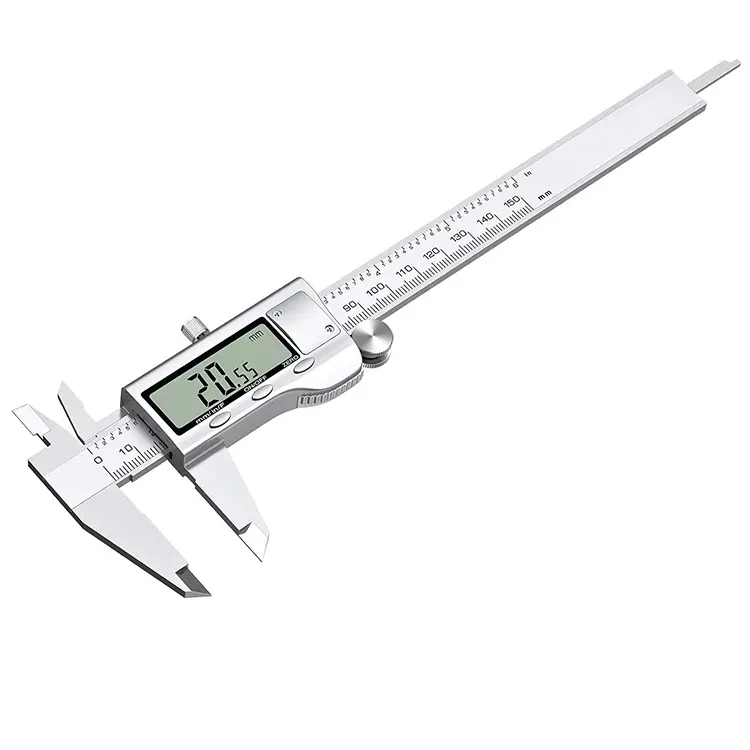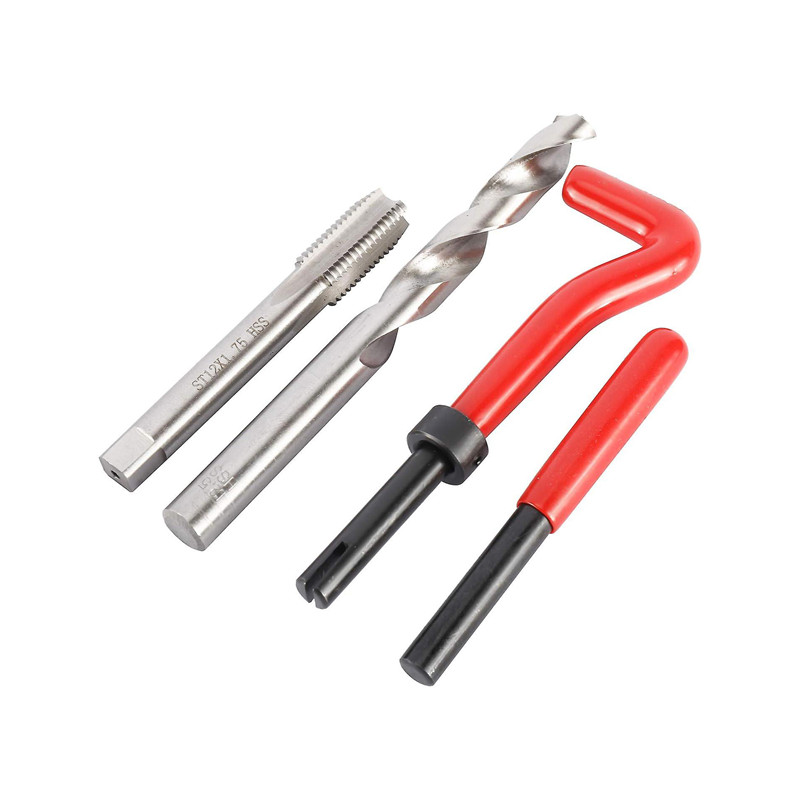Rotary burr Suppliers
Finding reliable rotary burr suppliers is crucial for professionals across various industries. This guide offers in-depth information on selecting the right suppliers, understanding burr types and materials, and optimizing your purchasing process to ensure quality and cost-effectiveness.
Understanding Rotary Burrs
What are Rotary Burrs?
Rotary burrs are precision cutting tools used in rotary tools (like die grinders) for deburring, grinding, carving, and shaping materials. They come in various shapes, sizes, and materials to suit different applications.
Types of Rotary Burrs
The ideal choice of rotary burr depends on the material you're working with and the desired finish. Some common types include:
- Carbide Burrs: Known for their high hardness and resistance to wear, ideal for use on hardened steel, cast iron, high carbon steel, and other hard materials.
- High-Speed Steel (HSS) Burrs: Suitable for softer materials like aluminum, wood, plastic, and some non-ferrous metals. More affordable than carbide burrs.
- Diamond Burrs: Used for extremely hard materials like stone, glass, and ceramics.
Common Burr Shapes
Different shapes allow for specialized tasks. Consider these common options:
- Cylinder: For contour finishing and surface work.
- Ball: For round shapes, concave surfaces, and weld preparation.
- Tree: For reaching into tight areas and creating curved shapes.
- Cone: For countersinking and chamfering.
- Inverted Cone: For back chamfering and internal deburring.
- Flame: For intricate detailing and hard-to-reach areas.
- Oval: For rounding edges and creating smooth transitions.
Key Considerations When Choosing Rotary Burr Suppliers
Quality and Reliability
The quality of the rotary burr directly impacts its performance and lifespan. Opt for rotary burr suppliers known for their stringent quality control and use of high-grade materials. Look for certifications like ISO 9001, indicating a commitment to quality management. Wayleading Tools, for example, prides itself on providing high-quality rotary burrs that meet rigorous industry standards. You can check our range of products and certifications on our website, www.wayleading.com.
Material Expertise
A reputable supplier should possess in-depth knowledge of different burr materials and their applications. They should be able to advise you on the best burr type for your specific needs, considering factors like material hardness, desired finish, and production volume.
Range of Products
Choose a supplier that offers a wide range of rotary burrs in various shapes, sizes, and materials. This ensures you can find the perfect tool for every application. A comprehensive product catalog also indicates the supplier's experience and understanding of the market.
Pricing and Availability
While quality is paramount, pricing is also a crucial factor. Compare prices from different rotary burr suppliers to ensure you're getting a competitive rate. Consider the supplier's stock levels and lead times to avoid production delays.
Customer Support
Excellent customer support is essential. A responsive and knowledgeable support team can help you with product selection, troubleshooting, and after-sales service. Look for suppliers with readily available contact information and a proven track record of customer satisfaction.
Top Rotary Burr Suppliers: What to Look For
Identifying reliable rotary burr suppliers can be challenging. Here are some key indicators of a reputable supplier:
- Industry Reputation: Look for suppliers with a strong reputation in the industry, backed by positive reviews and testimonials.
- Years of Experience: Established suppliers with years of experience are more likely to have the expertise and resources to meet your needs.
- Technical Expertise: The supplier should have a team of technical experts who can provide guidance on product selection and application.
- Customization Options: Some suppliers offer customization options, allowing you to tailor rotary burrs to your specific requirements.
Optimizing Your Rotary Burr Purchasing Process
Define Your Needs
Before contacting rotary burr suppliers, clearly define your needs. Consider the materials you'll be working with, the types of applications, and the desired finish. This will help you narrow down your options and communicate your requirements effectively.
Request Samples
If possible, request samples from different suppliers to test their products firsthand. This allows you to evaluate the quality, performance, and durability of the rotary burrs before making a large purchase.
Negotiate Pricing
Don't be afraid to negotiate pricing with your suppliers, especially for bulk orders. Many suppliers are willing to offer discounts to secure long-term business. Always ask about volume discounts and payment terms.
Establish a Relationship
Building a strong relationship with your rotary burr suppliers can lead to better service, preferential pricing, and access to new products. Communicate your needs clearly, provide regular feedback, and treat your suppliers as partners.
Troubleshooting Common Rotary Burr Problems
Burr Clogging
Clogging can reduce the efficiency of your rotary burr. Using a lubricant can help, or switching to a burr with a different flute design. Proper cleaning after each use is also essential.
Premature Wear
Premature wear can be caused by using the wrong burr material for the application, excessive pressure, or improper speed. Consult with your supplier to determine the best burr for your needs and follow the manufacturer's recommendations for speed and pressure.
Vibration
Excessive vibration can be a sign of a damaged burr or an unbalanced tool. Inspect your rotary burrs regularly for damage and ensure your tool is properly balanced.
Case Study: Improving Efficiency with the Right Rotary Burr
A metal fabrication company was experiencing high rates of burr failure and inconsistent surface finishes. After consulting with Wayleading Tools, they switched to a higher-quality carbide burr specifically designed for their application. This resulted in a 30% reduction in burr consumption, improved surface finish, and increased production efficiency. Choosing the right rotary burr from a reliable supplier made a significant difference.
Conclusion
Selecting the right rotary burr suppliers is critical for optimizing your manufacturing processes and achieving consistent, high-quality results. By considering the factors outlined in this guide, you can make informed decisions and build lasting relationships with reliable suppliers who can meet your specific needs.
Related products
Related products
Best selling products
Best selling products-
 Precision V Block And Clamps Set With Heavy Duty
Precision V Block And Clamps Set With Heavy Duty -
 Outside Micrometer Set Of Inch & Metric With Rachet Stop
Outside Micrometer Set Of Inch & Metric With Rachet Stop -
 Precision Dial Test Indicator Gage For Industrial
Precision Dial Test Indicator Gage For Industrial -
 Precision V Block And Clamps Set With Customized Type
Precision V Block And Clamps Set With Customized Type -
 Precision Digital Caliper Of Metal Case For Industrial
Precision Digital Caliper Of Metal Case For Industrial -
 HSS Involute Spline Cutter With PA30
HSS Involute Spline Cutter With PA30 -
 HSS Metric & Inch Woodruff Keyseat Cutter With Straight Or staggered Teeth
HSS Metric & Inch Woodruff Keyseat Cutter With Straight Or staggered Teeth -
 TCT Annular Cutters With Weldon Shank For Metal Cutting
TCT Annular Cutters With Weldon Shank For Metal Cutting -
 131PCS Thread Repair Set And Helicoil Type Thread Repair Set
131PCS Thread Repair Set And Helicoil Type Thread Repair Set -
 Boring Head Shank For Boring Head With Industrial Type
Boring Head Shank For Boring Head With Industrial Type -
 Type E Oval Tungsten Carbide Rotary Burr
Type E Oval Tungsten Carbide Rotary Burr -
 HSS Metric Plain Metal Slitting Saws For Industrial
HSS Metric Plain Metal Slitting Saws For Industrial









